 Oncology
Oncology Oncology
Oncology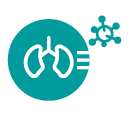
Lung cancer
Lung cancer had the highest economic cost (€18.8 billion, 15% of overall cancer costs)1. Many of these patients have comorbidities but they are often underrepresented in clinical trials. As a result, the management is frequently suboptimal and not personalized, affecting also overall survival2.
Highest economic cost

Underrepresented patients
Not personalized management
Low survival
Led by National Centre of Scientific Research “Demokritos”, the aim of this pilot is to improve the management of patients with lung cancer during their treatment, follow-up and in their last period of life. It will improve not only their experience and satisfaction, and main outcomes, but also save substantial health costs.
For this purpose, the goal of the project is to reduce admissions and readmission, thus reducing highly expensive emergency care and hospitalizations.
Why a big data approach is needed
It is essential to integrate multiple sources of data; analyse non-structured data, clinical notes and literature; extract patterns to predict toxicity, adverse effects and interactions of drugs; search large-scale text corpora.

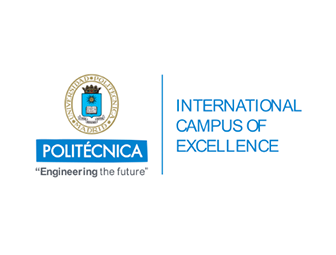
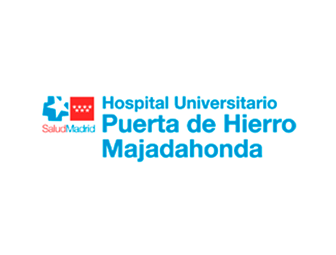
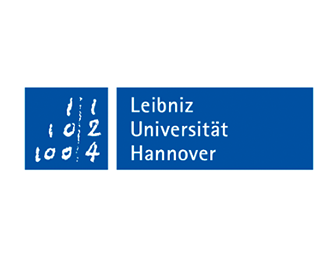
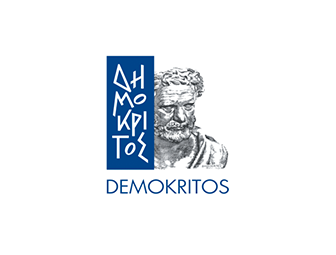
Publications
Integrating Speculation Detection and Deep Learning to Extract Lung Cancer Diagnosis from Clinical Notes
Solarte Pabón, O.; Torrente, M.; Provencio, M.; Rodríguez-Gonzalez, A.; Menasalvas, E. Integrating Speculation Detection and Deep Learning to Extract Lung Cancer Diagnosis from Clinical Notes. Appl. Sci. 2021, 11, 865. https://doi.org/10.3390/app11020865
1 Source: Luengo-Fernandez, R., Leal, J., Gray, A., & Sullivan, R. (2013). Economic burden of cancer across the European Union: a population-based cost analysis. The Lancet Oncology, 14(12), 1165–1174.
2 Source: Søgaard M, Thomsen RW, Bossen KS, Sørensen HT, Nørgaard M. The impact of comorbidity on cancer survival: a review. Clinical Epidemiology. 2013;5(Suppl 1):3-29. doi:10.2147/CLEP.S47150
Related news
Improving the healthcare continuum of lung cancer patients at all stages through big data analytics
